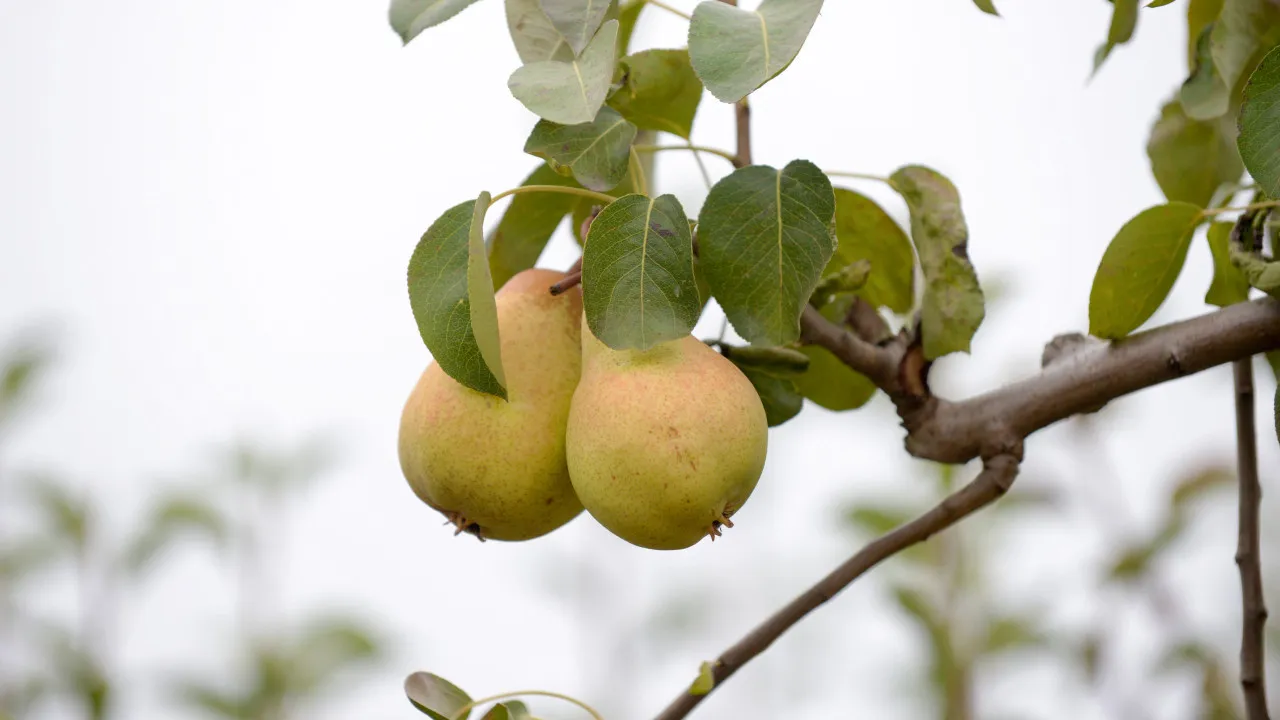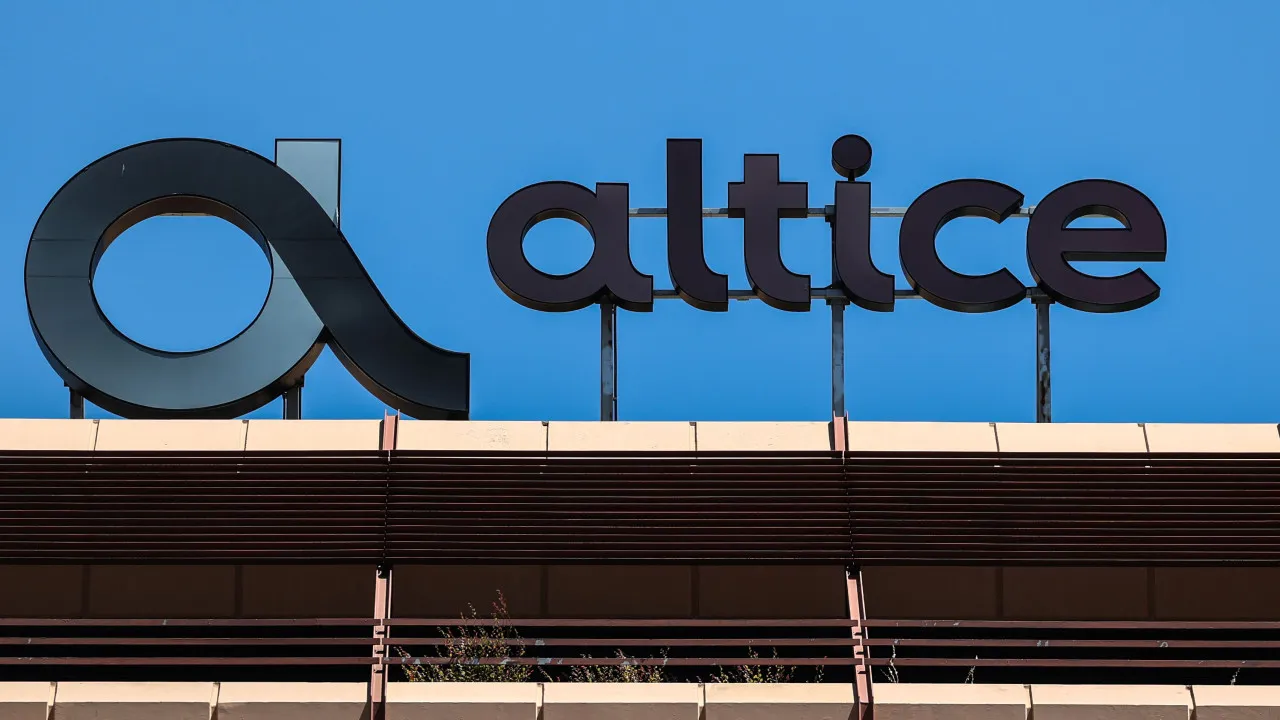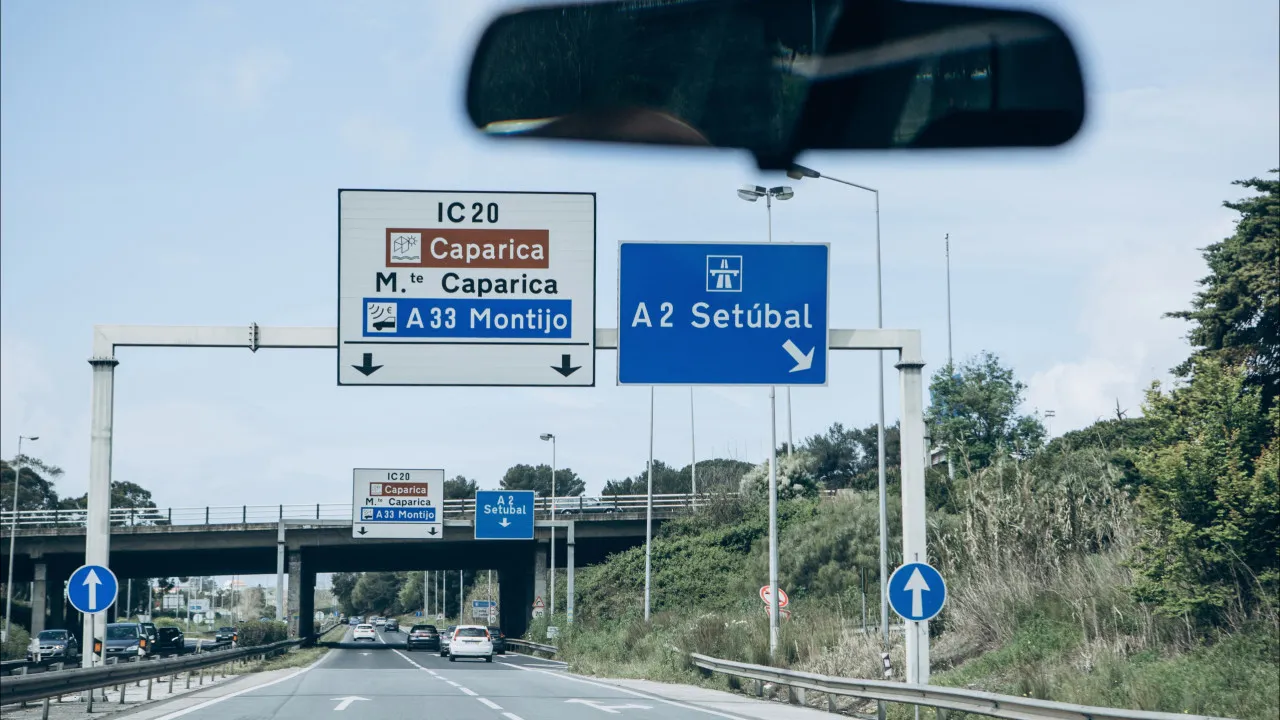
The production outlook for Pera Rocha, Portugal’s renowned pear variety, remains uncertain as producers brace for potentially reduced harvests. Filipe Ribeiro, President of the Associação Nacional de Produtores (ANP) de Pera Rocha, expressed concerns over the fruit’s size, which could lead to a decline in production compared to last year’s yields. In 2023, production fell to 118,000 tons, marking the second-lowest output since 2012. Cultivation areas have also decreased, shrinking from 11,325 hectares in 2020 to 10,825 in 2023. Key growing regions include Bombarral, Cadaval, Óbidos, Caldas da Rainha, Lourinha, Mafra, and Torres Vedras in the Leiria and Lisbon districts.
This production drop is attributed to climate change and diseases like bacterial fire blight and stemphylium vesicarium, which can no longer be managed with certain phytopharmaceuticals banned by the European Union. Efforts by the sector and scientific community are focused on cloning more resilient plants and finding disease combat solutions.
Harvesting is scheduled to commence next week, engaging around 15,000 workers. The pears are expected to reach the market by September 18. Despite challenges, Ribeiro remains optimistic about the quality of the fruit, which he believes will be well-received in the market.
In the previous campaign, the production reached 115,000 tons, generating €150 million in revenue, with €85 million attributed to exports and the remainder from domestic sales. Over 70% of Pera Rocha is exported to 20 countries, with Europe (50%), Morocco (20%), and Brazil (20%) leading as major markets. Despite climate challenges and increased global product availability, the sector has maintained financial viability.
“This reduced production has allowed us to uphold markets and offer better compensation to producers,” Ribeiro stated. However, there are concerns about potential revenue loss due to “exchange rate differences caused by currency difficulties and the anticipated US sanctions.”
Founded in 1993, ANP represents approximately 90% of Pera Rocha producers and production in Portugal. The Pera Rocha do Oeste received Protected Designation of Origin status from the European Commission in 2003.




